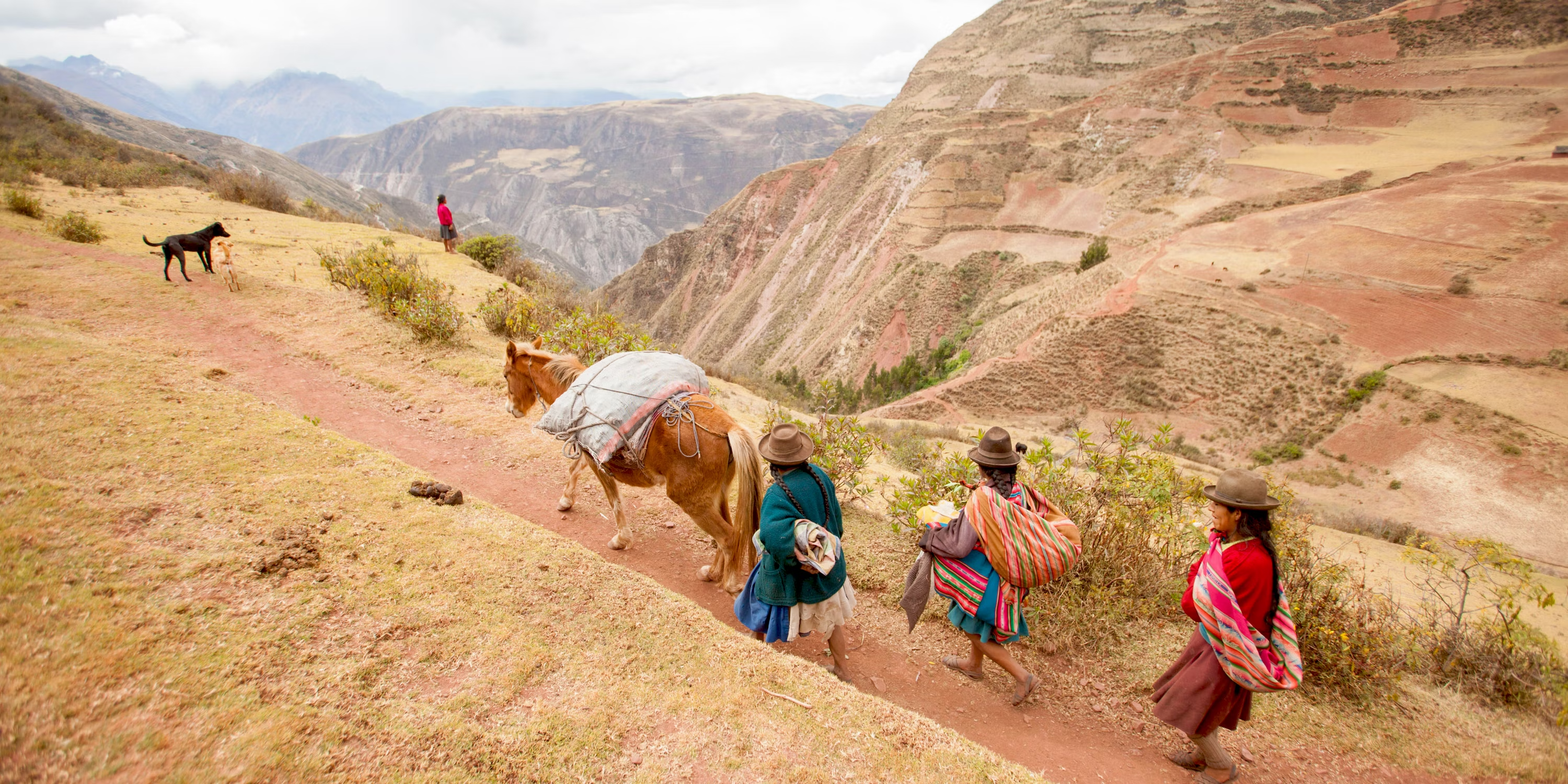An Unexpected Friendship

As soon as Zach Gross arrived in the town of Markuray in Peru, a young boy tugged on his arm
and asked him if he wanted to play soccer. The boy named Ishmael, who looked about ten,
beamed with pride as he showed Gross around his village, including his deteriorating
mud-brick house.
Ishmael’s unbridled enthusiasm for Gross’ visit continued throughout the time when the
Rustic Pathways students, including Gross, and local villagers completed a water tank project.
“The first drop fell and cheers erupted. We bent down as three young children walked by
and sprinkled yellow confetti on our heads in gratitude. The entire village stood across
from us admiring the massive, colorfully decorated water tank that would change their lives
forever. Ishmael, tearing up, ran over and jumped into my arms telling me that he never
wanted me to leave. Our week’s worth of hard work had come to an end in the best way possible.
For the first time ever, the villagers had access to clean and drinkable water.”







